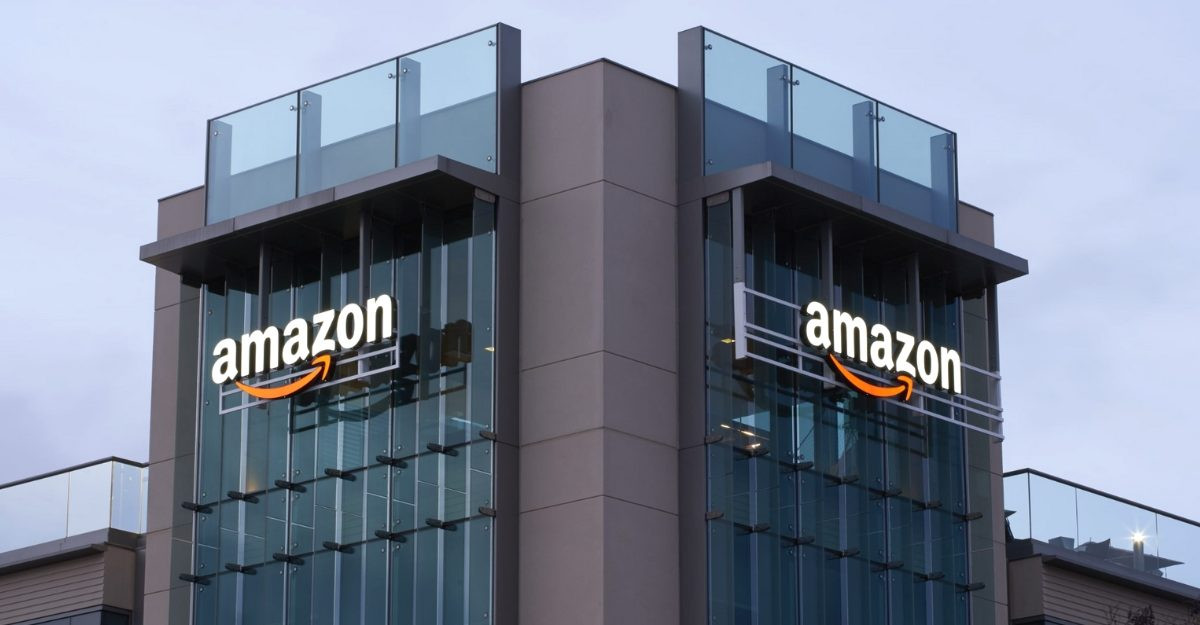The golden age of remote work may be coming to an end for Amazon employees. In a message sent to employees on September 16th, Amazon CEO Andy Jassy announced that administrative employees will be required to return to the office five days a week starting in January 2025. This decision signifies a return to pre-pandemic working conditions for the majority of Amazon's workforce.
While the company experimented with a three-day-a-week office presence in 2023, Jassy believes a full-time return to the office is essential for fostering a strong culture and maximizing collaboration. In his internal message, Jassy emphasized the benefits of in-person interaction, stating that it facilitates learning, design, training, and cultural reinforcement. He also argued that teamwork, communication, and innovation thrive in a collaborative office environment.
"We've observed that there are significant advantages to having our teams working together in person more often," Jassy explained. "For sites that had flexible offices prior to the pandemic, including a large part of Europe, we will continue to operate in that way."
Jassy's decision reflects a broader trend among tech companies seeking to bring employees back to the office. Companies like Google and Meta have adopted hybrid work models, while others, like Apple, have fully embraced an in-person work environment. Amazon's decision to mandate five days a week is a more assertive stance, aiming to ensure consistent team interaction and streamline the company's culture.
However, this policy has been met with mixed reactions. Some employees express concerns about the inconvenience and potential negative impacts on work-life balance. Others argue that remote work arrangements can be just as productive, if not more so, while offering flexibility and cost savings.
Amazon's shift towards a fully in-person workforce is a significant move, signaling a potential shift in the dynamics of the workplace. The impact of this policy on employee morale, productivity, and the company's overall culture remains to be seen.
The Rationale Behind the Decision
Amazon's decision to mandate a five-day return to the office was driven by a desire to enhance collaboration, innovation, and cultural cohesion. Jassy believes that the benefits of in-person interaction outweigh the advantages of remote work. He highlights the ease of learning, design, training, and cultural reinforcement within an office setting.
Fostering Innovation and Collaboration
Jassy argues that physical proximity fosters a more conducive environment for collaboration, idea exchange, and innovation. He believes that in-person interaction allows teams to work more effectively, leading to improved outcomes. "We've observed that there are significant advantages to having our teams working together in person more often," Jassy said. He believes that face-to-face interactions lead to a more productive and innovative culture.
Reinforcing Company Culture
The return to office policy is also intended to strengthen Amazon's corporate culture. Jassy believes that shared experiences, spontaneous interactions, and the creation of a strong team identity are more easily achieved in a physical office setting.
Impact on the Future of Work
Amazon's move towards a fully in-person workforce is part of a broader trend among tech companies. While some companies are embracing hybrid work models, others are advocating for a return to traditional office settings. This trend reflects a desire to enhance collaboration, culture, and innovation within the workplace.
Hybrid Models and Flexible Work Arrangements
The future of work is likely to involve a mix of in-person and remote work arrangements. Hybrid models, which combine the benefits of both, are becoming increasingly popular. Some companies are offering flexible work schedules, allowing employees to choose when and where they work.
The Role of Technology
Technology plays a critical role in facilitating remote and hybrid work. Collaboration tools, video conferencing platforms, and project management software allow teams to work together seamlessly, regardless of location.
The Importance of Culture
As companies adapt to the evolving workplace landscape, it is important to prioritize culture and employee wellbeing. Fostering a strong culture, regardless of the work model, is essential for employee engagement, productivity, and retention.
The Last Word: Finding the Right Balance
Amazon's return to the office policy is a reminder that the future of work is still being shaped. As companies navigate this new landscape, finding the right balance between in-person collaboration and the flexibility of remote work will be crucial. Technology will continue to play a critical role in supporting various work models. Ultimately, companies that prioritize culture, employee wellbeing, and a strong sense of community will be best positioned to succeed in the future of work.

















